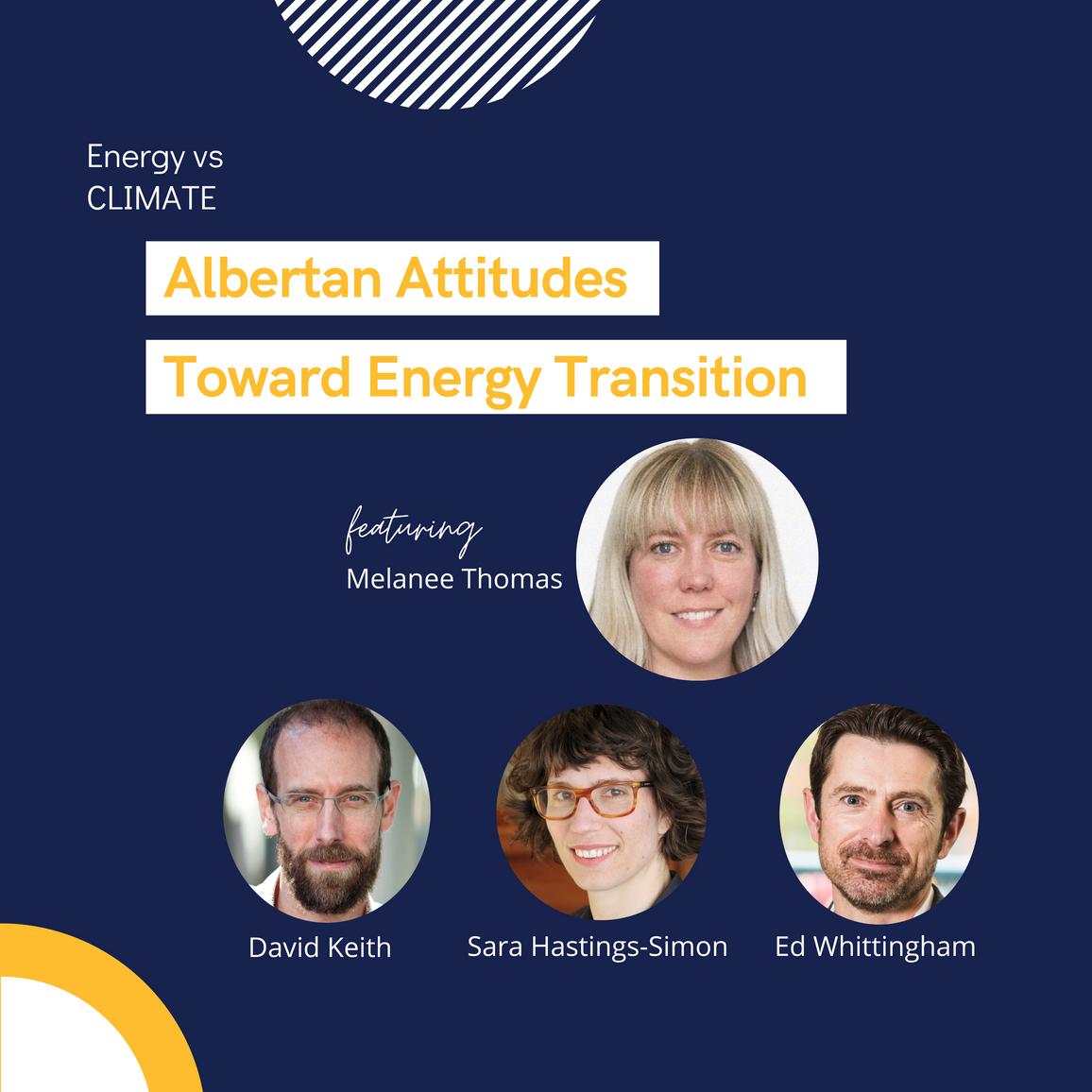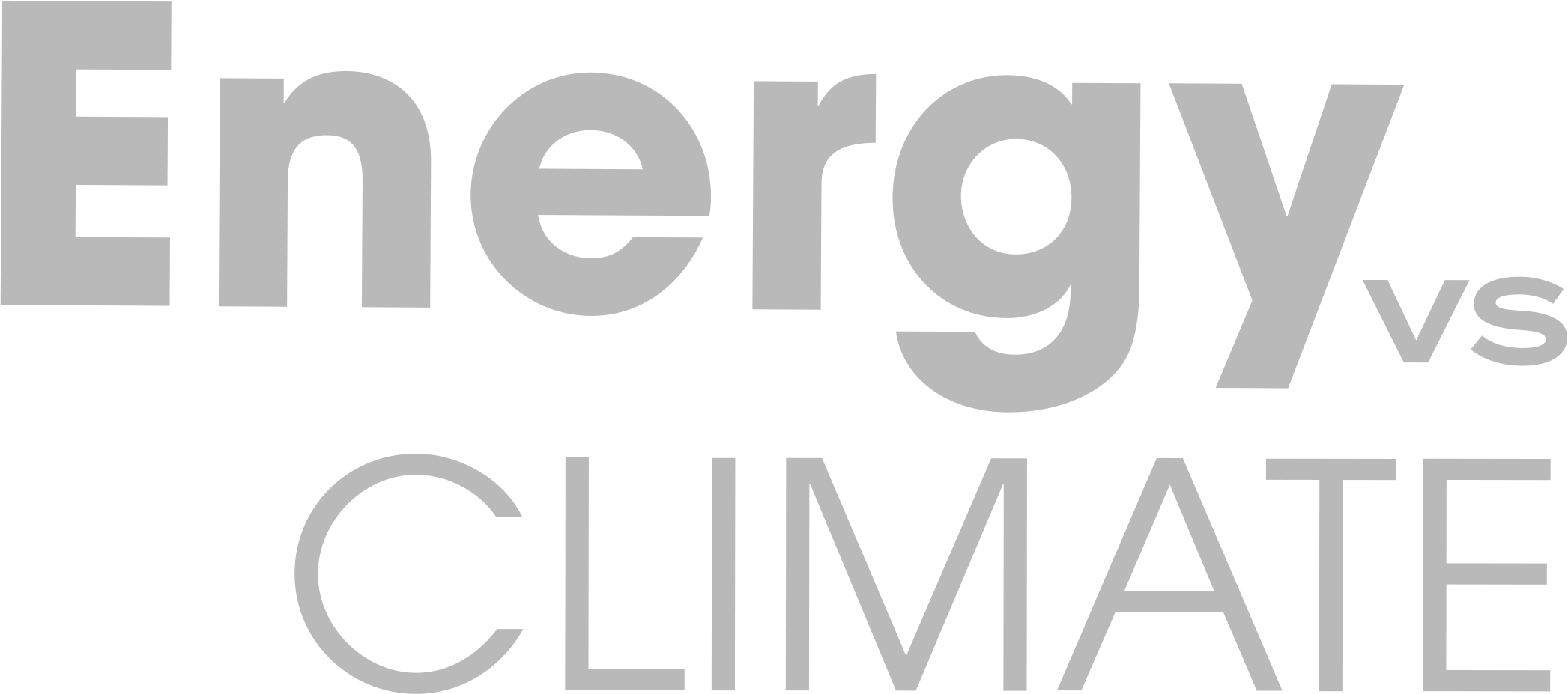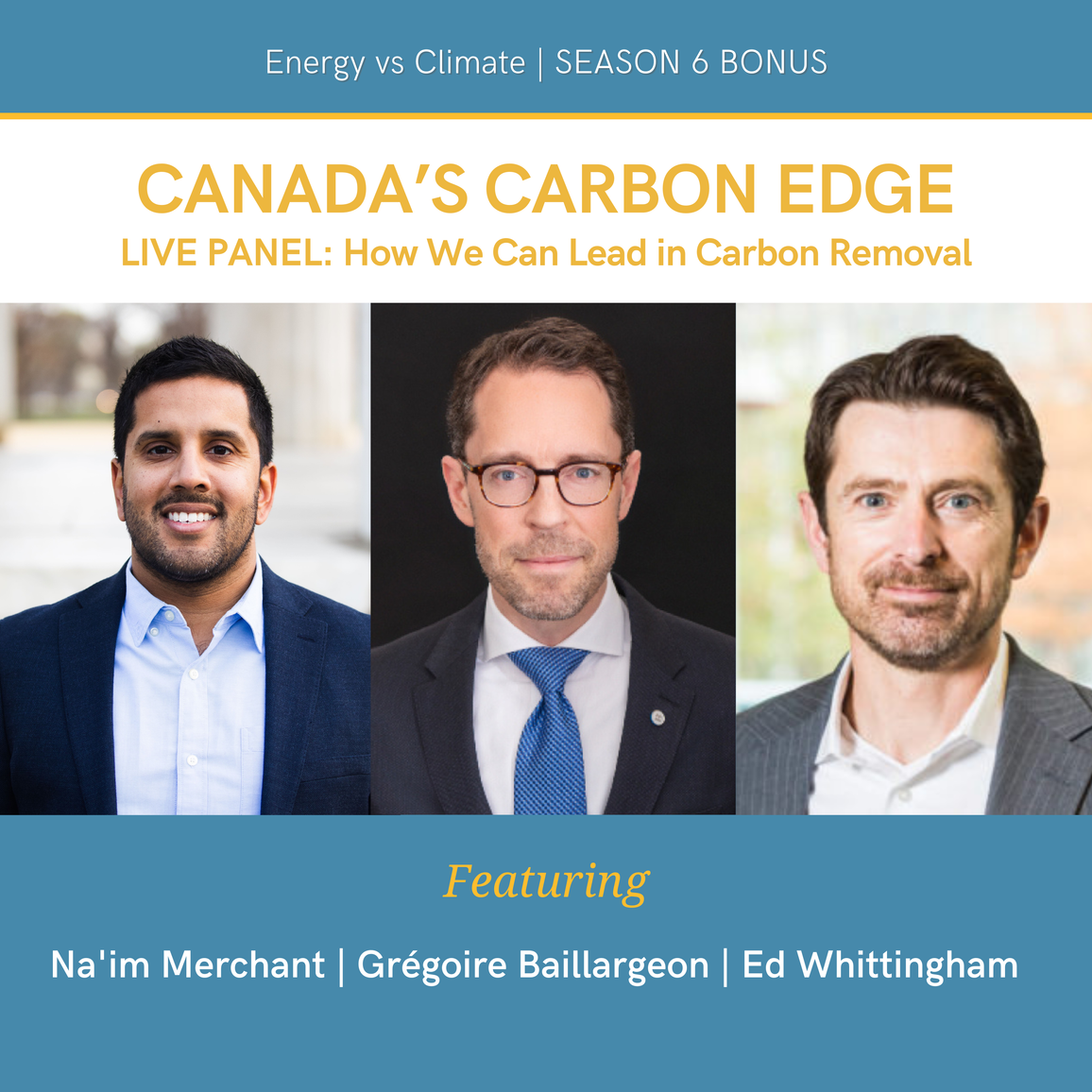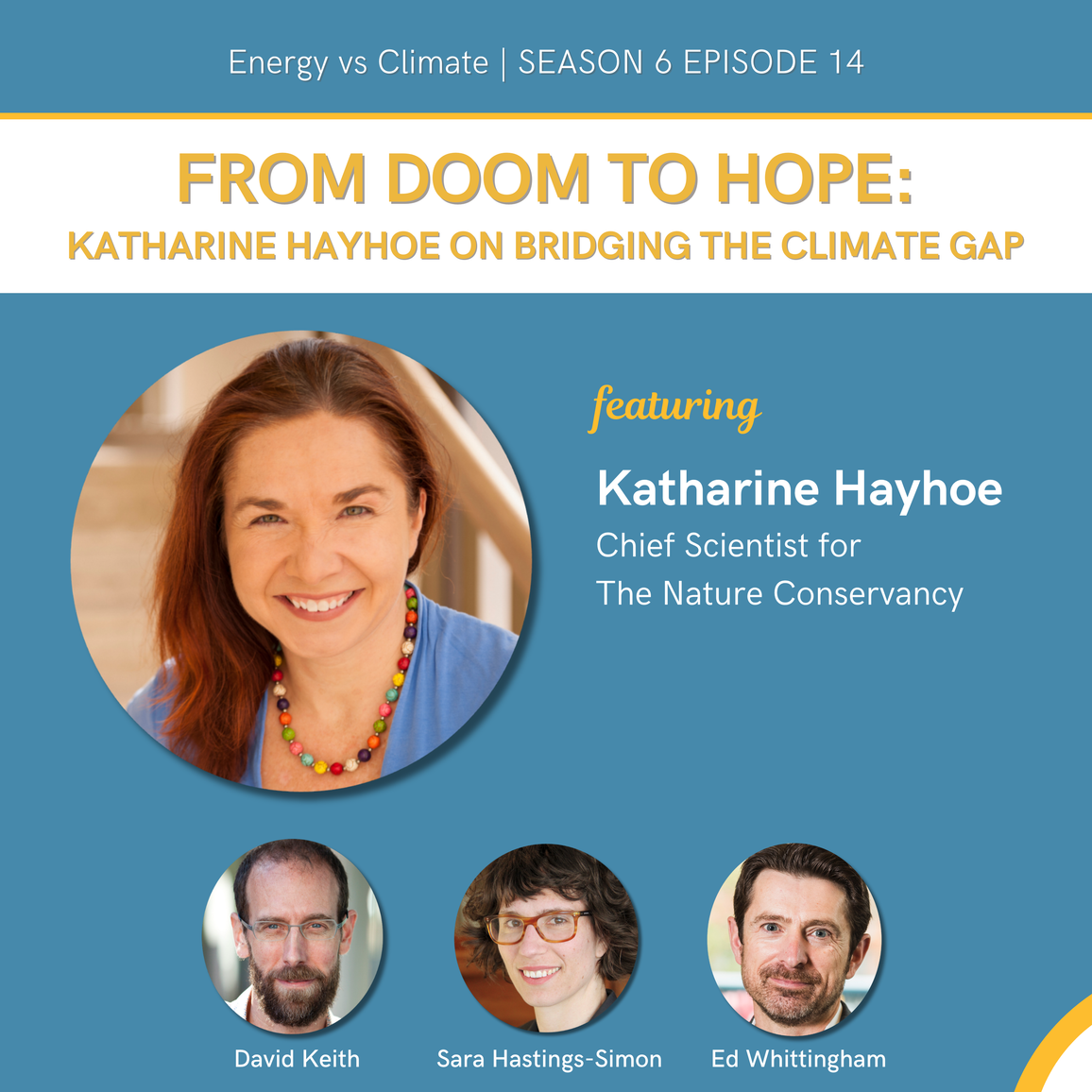Albertan Attitudes Toward Energy Transition

Welcome back to a new season of Energy vs Climate! We’re excited to be back, and we have a lot of great content in store for you in Season 5, on topics ranging from the 1.5C warming target, grid and buildings decarbonization, and carbon removal. This fall we’ll have three show recordings before live, in-conference audiences, and even a special conversation with 'cli-fi’ author Kim Stanley Robinson, about the meticulous research process behind his 2020 hit book “Ministry for the Future.” Stay tuned for details on each upcoming show.
In Episode 1, released today, Sara and Ed speak to Dr. Melanee Thomas. Melanee is a Professor in the Department of Political Science at the University of Calgary. Her research investigates the politics of energy transition in Canada, from fossil fuels to renewable sources of energy, with the aim of developing potential solutions that strengthen our democratic politics. Through our conversation we dove into Melanee's survey research into Albertans' attitudes to the energy transition, the oil and gas industry, coal and climate change. David wasn't able to join us for this one, but he'll be back live for Episode 2.
EPISODE NOTES
@2:16 Great expectations: Public opinion about energy transition
@11:21 CanCO2Re Initiative
@17:00 Forget Ottawa — Albertans growing alienated from their own leaders, too
@19:30 Investment Impact of Alberta's Renewable Energy Moratorium
@19:44 Suncor has been too focused on energy transition, must get back to fundamentals: CEO
@20:14 Ottawa to reveal plan for emissions cap on oil and gas this fall
@22:25 Alberta oil industry wary of NDP government
@26:50 Alberta Energy Regulator: Coal Production
@33:23 Mark Carney Sees ‘Wall of Opportunity’ for Energy Investors
@36:50 Coal Boss Takes Climate Change Denial to the Extreme
@40:14 Alberta Oil Sands Technology and Research Authority
@45:43 The Impact of Wildfires on Mental Health: A Scoping Review (To et al.)
@53:43 Oil and gas industry needs to step up climate efforts now
About your co-hosts:
Melanee Thomas is a Professor in the Department of Political Science at the University of Calgary. Her research broadly addresses 1) the causes and consequences of gender-based political inequality, with a particular focus on political attitudes and behaviour, and 2) the politics of energy transition from fossil fuels to more renewable sources of energy, and how this is affected by liberal colonialism, anti-Indigenous racism, and multi-level governance. While she uses Canadian politics as a foundation for her work, the findings it generates have international implications and value. Her objectives are to identify how Canadians think about themselves in politics, explain how this is structured by gender and sexism, racism and colonialism, and then develop potential solutions that ameliorate and strengthen our democratic politics."
David Keith is Professor and Founding Faculty Director, Climate Systems Engineering Initiative at the University of Chicago. He is the founder of Carbon Engineering and was formerly a professor at Harvard University and the University of Calgary. He splits his time between Canmore and Chicago.
Sara Hastings-Simon studies energy transitions at the intersection of policy, business, and technology. She’s a policy wonk, a physicist turned management consultant, and a professor at the University of Calgary and Director of the Master of Science in Sustainable Energy Development.
Ed Whittingham is a clean energy policy/finance consultant, fellow at the Public Policy Forum and a mentor with the Creative Destruction Lab. He is the former executive director of the Pembina Institute.


